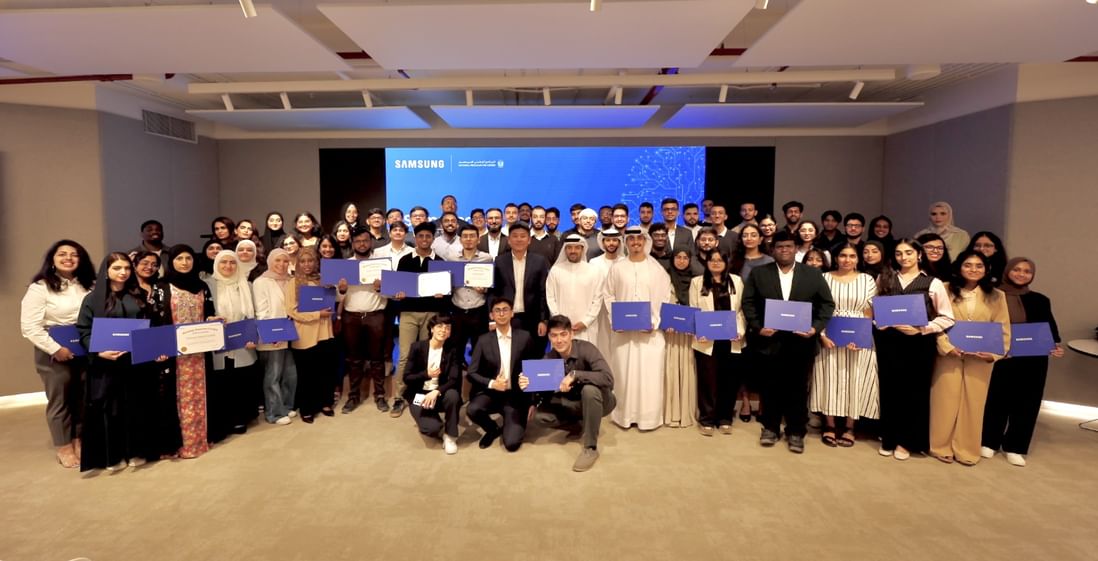OpenAI has unveiled a new text-to-speech system called ‘Voice Engine’. Capable of generating remarkably realistic-sounding speech, the system requires only a brief, 15-second audio sample of a target speaker’s voice to closely mimic their unique tone and inflection. Soon you will not only be able to impersonate your ex in text, but also over the phone for an extra-special touch of creepiness!
Ok, with all seriousness now, OpenAI has been cautiously (so far) exploring potential uses for Voice Engine. Early trials in collaboration with select partners have yielded promising results:
- Accessibility: Could provide reading assistance to non-readers and support individuals with speech impairments.
- Translation: Allows content creators to reach global audiences by fluently translating videos and podcasts into multiple languages, preserving the speaker’s original accent.
- Healthcare: Holds potential for restoring lost voices to patients with speech-affecting conditions.
OpenAI acknowledges significant risks associated with highly realistic speech synthesis, particularly the potential for misuse. To address these concerns, they are taking several steps:
- Partner Agreements: Companies using Voice Engine must adhere to strict policies that prohibit impersonation without explicit consent.
- Transparency: Users must be informed when interacting with AI-generated voices.
- Proactive Monitoring: OpenAI will actively monitor how the technology is used.
OpenAI is also advocating for broader industry measures, such as phasing out voice-based authentication, developing voice authentication systems, and promoting greater public awareness of deceptive AI content.
Here are some samples released by OpenAI:
Reference audio
Generated audio
While OpenAI has yet to announce a wide release of Voice Engine, the technology’s potential impact on various industries is undeniable. Continued dialogue with stakeholders, policymakers, and the public will be crucial for its responsible development and deployment.
Check out the full list here.



